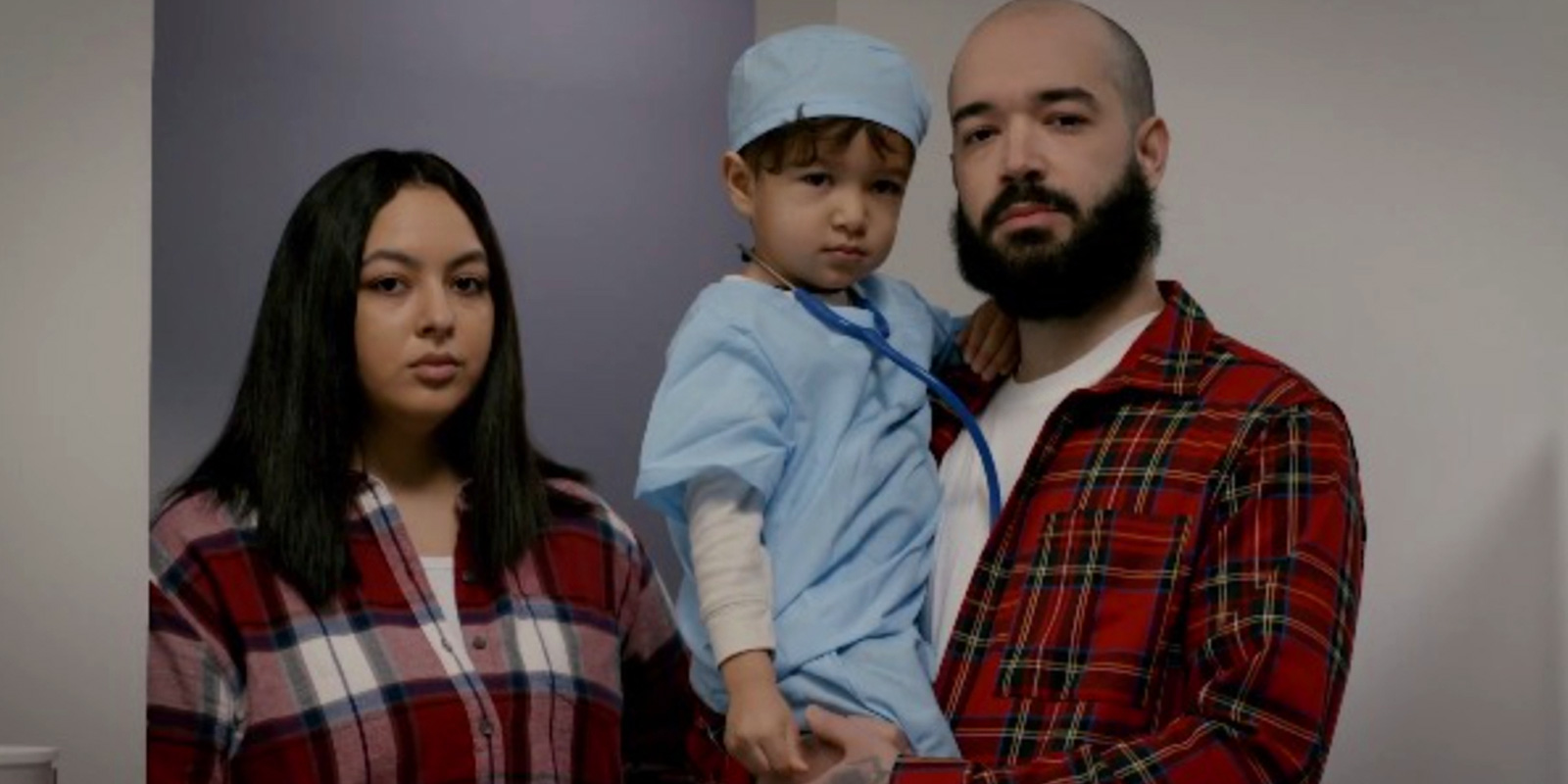“Families are maxed out,” says Myra Jones-Taylor. “Not just children, but their parents and the support networks they rely upon.”
The light at the end of the pandemic tunnel might be coming into view, but Jones-Taylor, ZERO TO THREE’s chief policy officer, maintains that for families living in or near poverty, the crisis is far from over.
In response to the unprecedented pressure on child care today, the #KidsAreEssential project has formed. It’s an impressive beginning as the new public education effort has brought together a broad coalition of over 140 partners who work across issues not necessarily associated with children.
The project couldn’t be more straightforward, or timelier. The pandemic has taught us to appreciate who is “essential” like never before. Just like workers, children are critical to our nation’s future, and we have arrived at a critical juncture for addressing the crises American children and their families face, and for creating infrastructure that supports and uplifts them now and into the future.
“Young children of color have inequitable access to high-quality early learning opportunities, which are important for building a foundation for positive long-term learning and health outcomes,” says Dr. Carrie Gillispie, senior research associate at The Education Trust. “The pandemic, along with the recent national conversation about systemic racism, has simply exposed these inequities. The #KidsAreEssential campaign shows strong bipartisan support among families across the country for policies that will equitably support kids so that they not only get through this pandemic, but thrive throughout their lifetimes.”
Recent passage of the American Rescue Plan Act of 2021 comes as an enormous relief to the sector that cares for and educates young children while their parents are at work. The bill includes $15 billion for the Child Care and Development Block Grant program and $24 billion for a child care stabilization fund, as well as expanding the Child and Dependent Care Tax Credit and making it fully refundable.
This welcome news, however, does not mean that everything is okay with the childcare workforce that, according to the National Women’s Law Center, is 95% female and 39% Black or Hispanic.
Please don't apologize. Truer words… there is still much work to be done. https://t.co/QvhB1KhhXd
— Christine Johnson-Staub (@cjohnsonstaub) March 11, 2021
Friday marks 18 years since I first introduced legislation to expand the Child Tax Credit. Today made every single one of those years worth it. This is why I serve. https://t.co/MpLQPcYcg5
— Rosa DeLauro (@rosadelauro) March 10, 2021
The Rev. Dr. Starsky Wilson, president and CEO of the Children’s Defense Fund, sees the American Rescue Plan as progress to build upon. “Caring for marginalized children is critical to a meaningful recovery from this pandemic,” he says, “and our policies are finally catching up. The inclusion of an expanded child tax credit and funding for child care in the most recent COVID relief bill is an important indicator that our country is finally ready to treat investment in child well-being as essential.”
- Ensuring family economic security through affordable access to food, health care, housing and transportation
- Increasing access to affordable, high-quality child care, particularly for infants and toddlers
- Ensuring paid family, medical and sick leave for all working families
- Prioritizing maternal and child health before, during and after pregnancy
- Centering mental health as a necessary foundation for later success
System is a key word. In the words of Maxine Clark, founder and former CEO of Build-A-Bear Workshop and co-chair of the ReadyNation Task Force on Early Childhood, “We must continue to work together to build a stronger child care system that meets the needs of children and families in order to support our workforce and remain globally competitive.” (Read the Public Statement on Child Care Relief in the American Rescue Plan from ReadyNation, an effort of the Council for a Strong America, which belongs to the #KidsAreEssential campaign.)
Jones-Taylor notes that media stories on child care centers and providers have elevated awareness to dimensions of the crisis that predate the pandemic, and she credits the Pritzker Children’s Initiative for encouraging the coalition to design an attention-getting campaign that “cuts through the noise” and ties child care to women’s rights, affordable housing, equitable taxation and other issues.
Fatima Goss Graves, president and CEO of the National Women’s Law Center, says, “We are so proud to join this robust coalition on behalf of our nation’s children, particularly at a time when the chaos of the present threatens the promise of their future. We know the last year has exacerbated many of the risks Black, brown and immigrant mothers face, particularly those raising infants and toddlers under the cloud of so much uncertainty. It is on their behalf that our lawmakers must prioritize expanded access to paid leave, equitable support for caregivers and long-term investments in prenatal and postpartum health. We can start helping our kids recover their future from this crisis by investing in them and their caregivers now.”
For MomsRising’s Finkbeiner, the goal of #KidsAreEssential is “long-term policy solutions to ensure all kids are able to reach their full potential. That means access to affordable, high-quality early care, guaranteed paid sick days, a federal paid family and medical leave program and access to the nutrition kids need for a healthy start. We can’t afford to wait.”
“We’re after more than one-off fixes,” says Jones-Taylor. “This is the time to secure durable policies.”

Mark Swartz
Mark Swartz writes about efforts to improve early care and education as well as developments in the U.S. care economy. He lives in Maryland.



